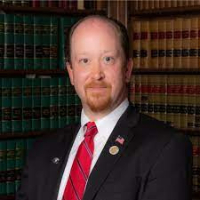 Shirley Estate Lawyers, Massachusetts
Shirley Estate Lawyers, Massachusetts
Sponsored Lawyers
1-5 of 5 matches
77 Merriam Ave
Leominster, MA 01453
Family Law, Estate
Estate Planning, Divorce, DUI-DWI, Elder Law
Wills & Probate, Labor Law, Family Law, Medical Malpractice





